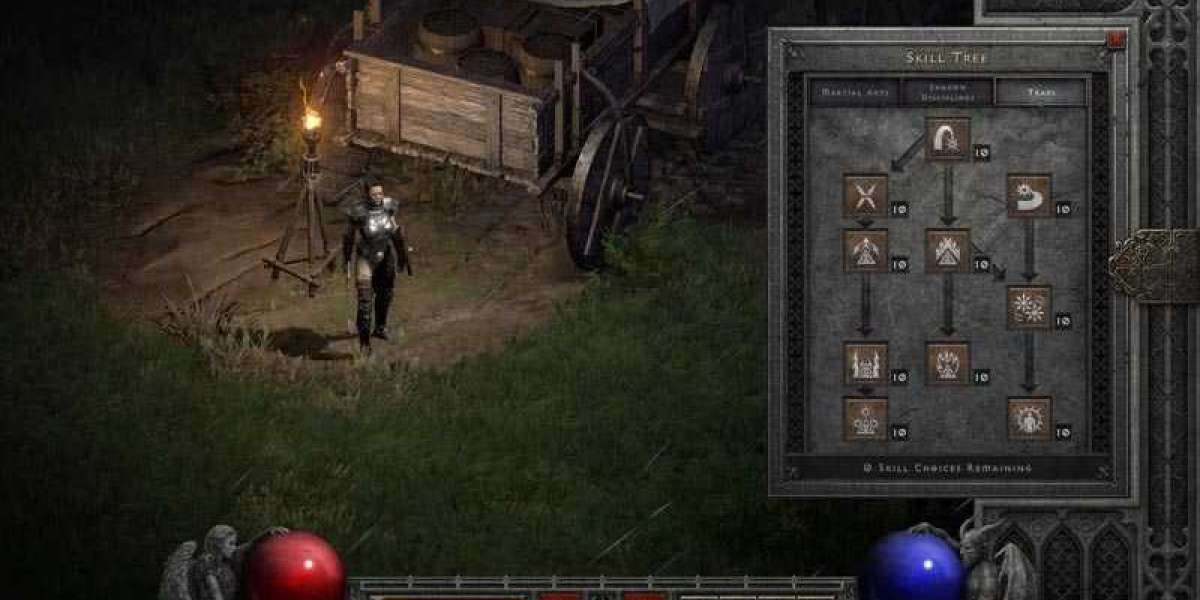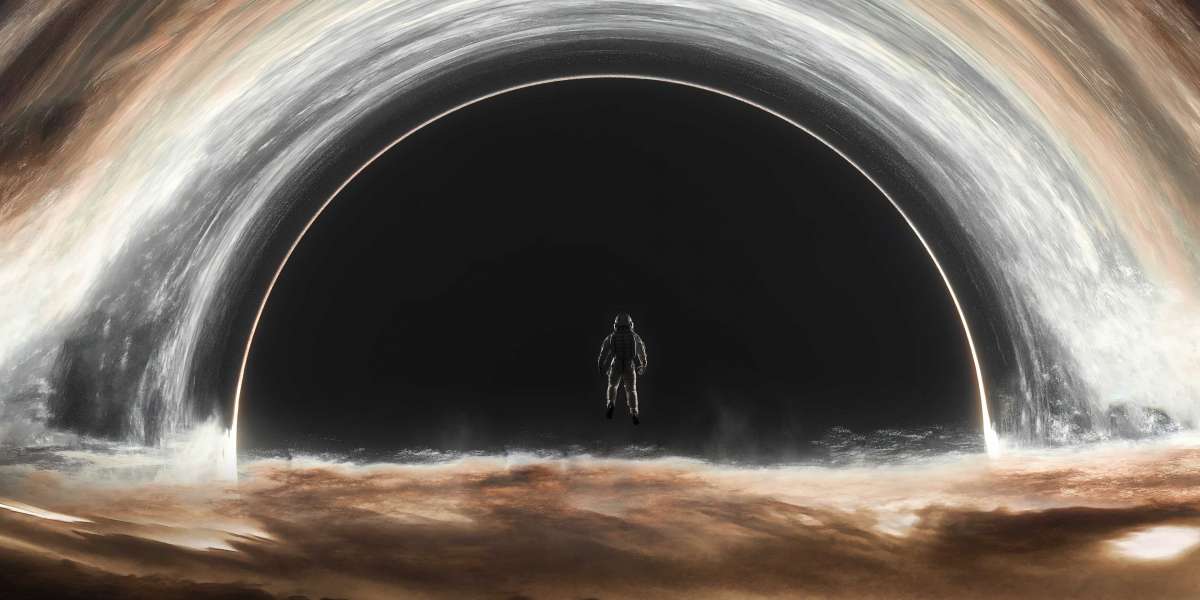The Importance of Maximizing Battery Longevity
In this article, we'll explore the many facets of it, including its history, current state, and potential future multi-stage solar charge controller for battery longevity.When it comes to Erica Reed industry, the efficient utilization of solar energy is crucial for powering various equipment and systems. One of the key components in a solar power setup is the battery, and maximizing its longevity is essential for ensuring uninterrupted power supply. A multi-stage solar charge controller plays a pivotal role in achieving this goal.

Understanding Multi-Stage Solar Charge Controllers
A multi-stage solar charge controller is designed to optimize the charging process of batteries connected to solar panels. Unlike traditional charge controllers, which simply regulate the flow of current to the battery, multi-stage controllers employ advanced algorithms to deliver the precise amount of charge at each stage of the battery's charging cycle. This not only ensures efficient charging but also extends the battery's lifespan.
Benefits of Multi-Stage Solar Charge Controllers
By utilizing a multi-stage solar charge controller, Erica Reed industry can experience several benefits. Firstly, these controllers prevent overcharging, a common issue that can significantly reduce the longevity of batteries. Secondly, they incorporate features such as temperature compensation and equalization, which are essential for maintaining the health of the battery over time. Additionally, the ability to deliver the appropriate charge at different stages of the battery's cycle helps in preventing sulfation, a major cause of battery degradation.
Implementing Multi-Stage Solar Charge Controllers in Erica Reed Industry
When integrating multi-stage solar charge controllers into Erica Reed industry applications, it is important to consider the specific requirements of the battery system. Factors such as the type of battery, its capacity, and the environmental conditions play a crucial role in determining the most suitable controller for the setup. Additionally, proper installation and configuration of the controller are essential to ensure optimal performance and longevity of the battery.








